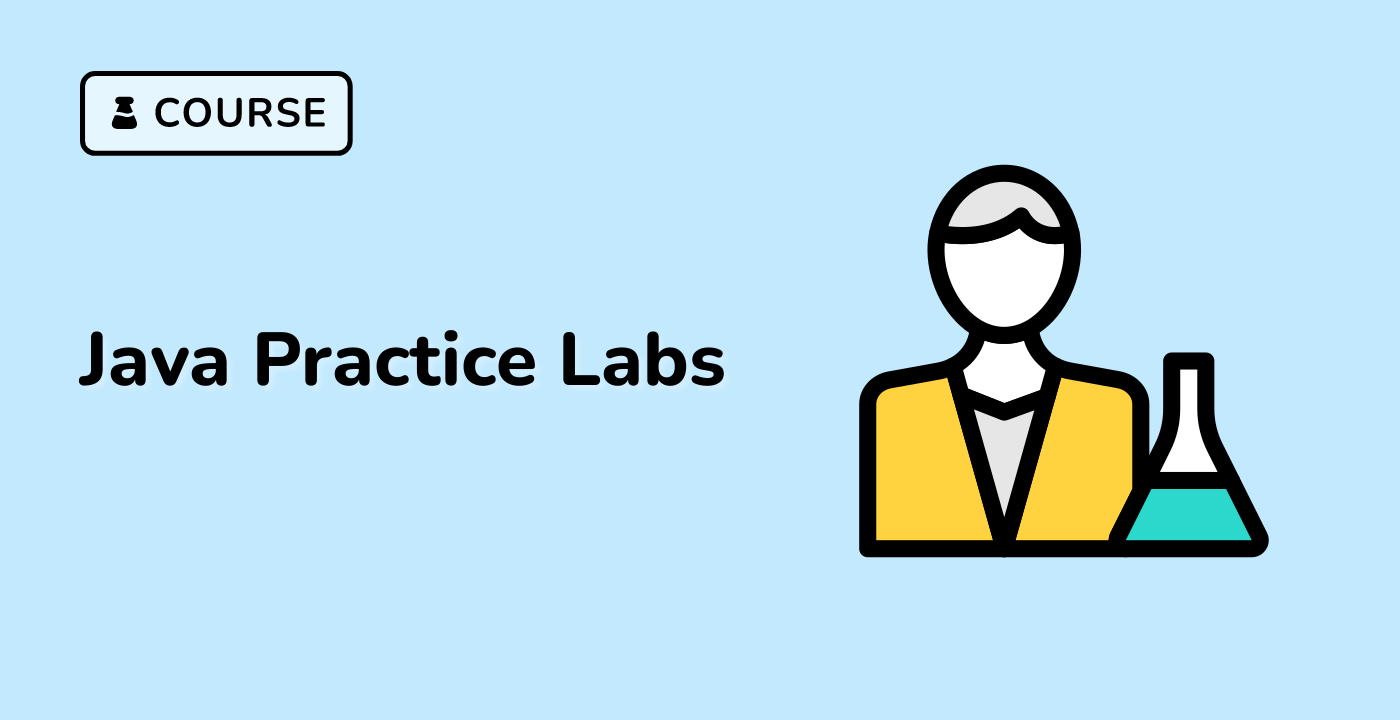Advanced Calling Techniques
Reflection Method Invocation
Dynamic Method Calling
public class ReflectionDemo {
public static void main(String[] args) throws Exception {
Class<?> clazz = Calculator.class;
Method method = clazz.getDeclaredMethod("add", int.class, int.class);
Object instance = clazz.getDeclaredConstructor().newInstance();
int result = (int) method.invoke(instance, 5, 3);
System.out.println(result); // Outputs: 8
}
}
class Calculator {
public int add(int a, int b) {
return a + b;
}
}
Method Invocation Strategies
graph TD
A[Method Calling Techniques] --> B[Direct Invocation]
A --> C[Reflection Invocation]
A --> D[Lambda Expressions]
A --> E[Method References]
Lambda and Method References
Lambda Expression Method Call
public class LambdaMethodDemo {
public static void main(String[] args) {
List<String> names = Arrays.asList("Alice", "Bob", "Charlie");
names.forEach(name -> System.out.println(name));
}
}
Method Reference Techniques
public class MethodReferenceDemo {
public static void main(String[] args) {
List<String> names = Arrays.asList("alice", "bob", "charlie");
names.stream()
.map(String::toUpperCase)
.forEach(System.out::println);
}
}
Advanced Invocation Techniques
| Technique |
Description |
Use Case |
| Reflection |
Dynamic method calling |
Runtime method discovery |
| Lambda |
Functional programming |
Concise method implementations |
| Method References |
Shorthand lambda expressions |
Simplified method passing |
| Proxy Methods |
Dynamic method interception |
Aspect-oriented programming |
Interface Default Methods
public interface Calculator {
default int multiply(int a, int b) {
return a * b;
}
static int divide(int a, int b) {
return a / b;
}
}
- Reflection is slower than direct invocation
- Use method references for performance
- Minimize runtime method resolution
- Prefer compile-time method binding
Practical Application Patterns
Dependency Injection
public class ServiceInvoker {
private final ServiceStrategy strategy;
public ServiceInvoker(ServiceStrategy strategy) {
this.strategy = strategy;
}
public void executeStrategy() {
strategy.perform();
}
}
LabEx Recommendation
Explore advanced method invocation techniques through interactive coding environments provided by LabEx to enhance your Java programming skills.
Best Practices
- Use the most appropriate invocation technique
- Consider performance implications
- Maintain code readability
- Leverage type-safe method references
- Understand context-specific method calling strategies




